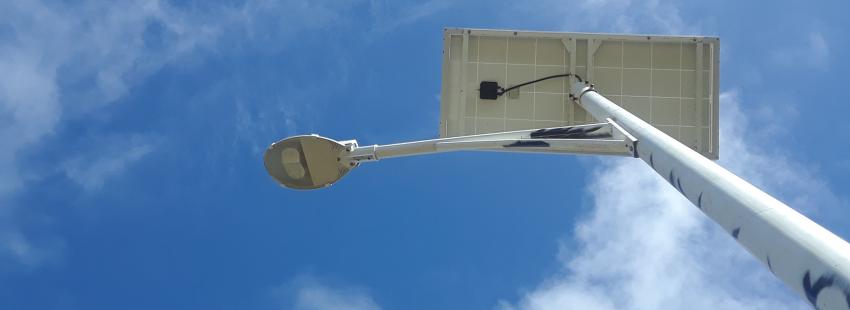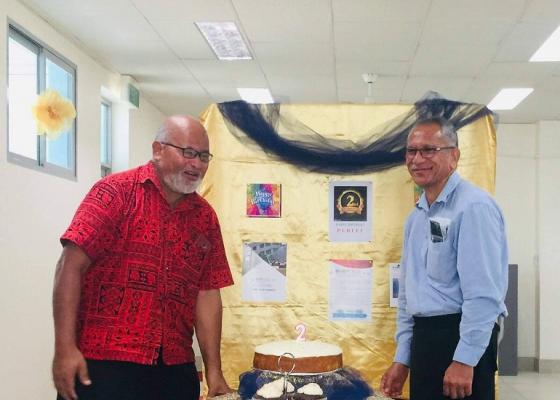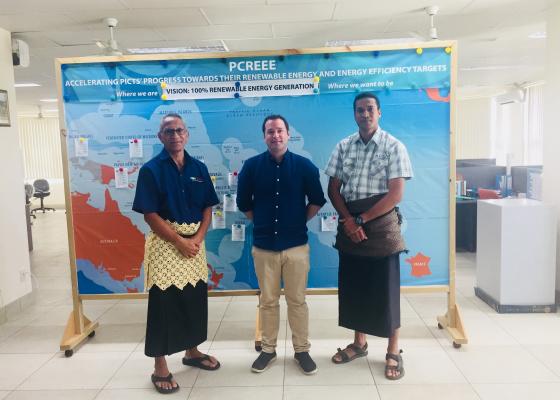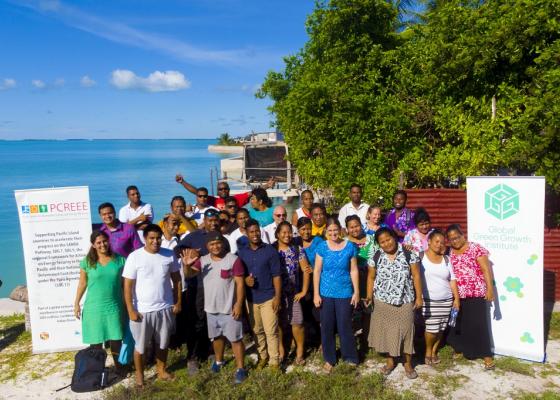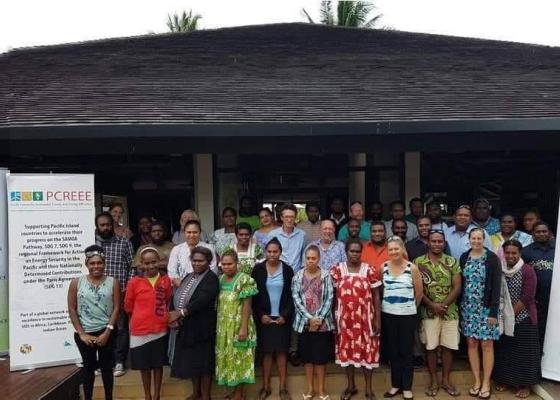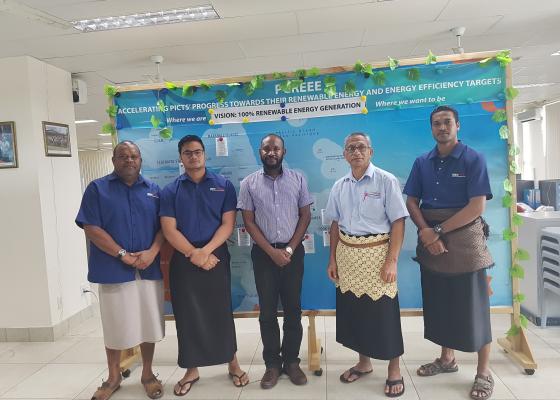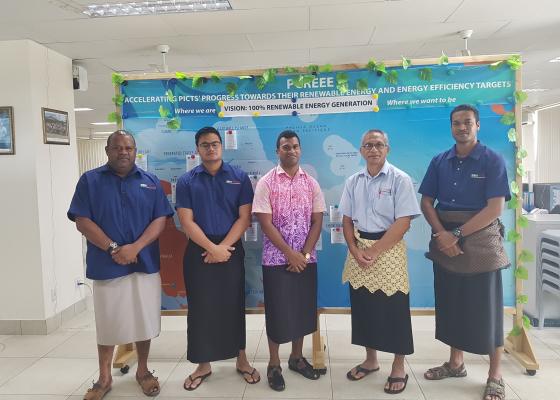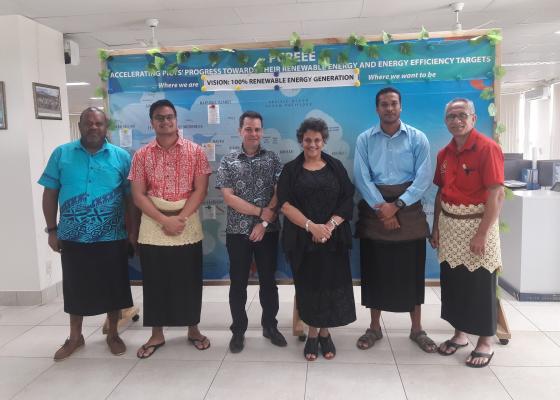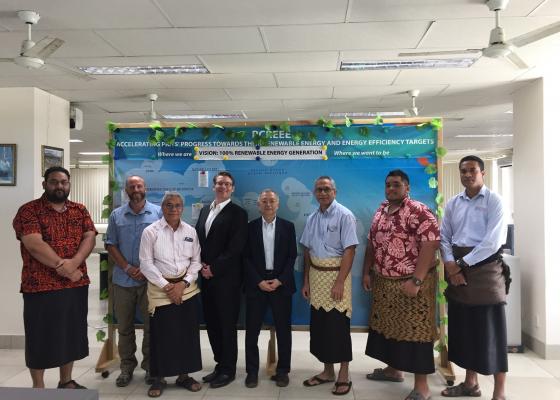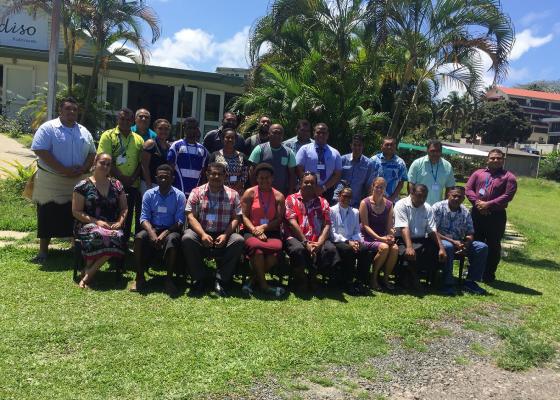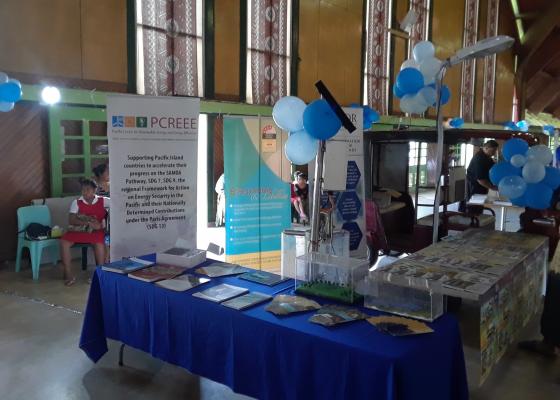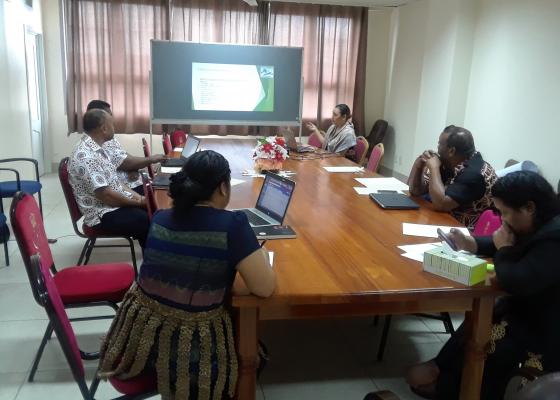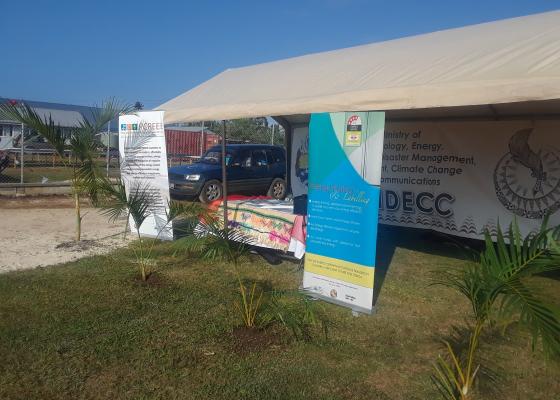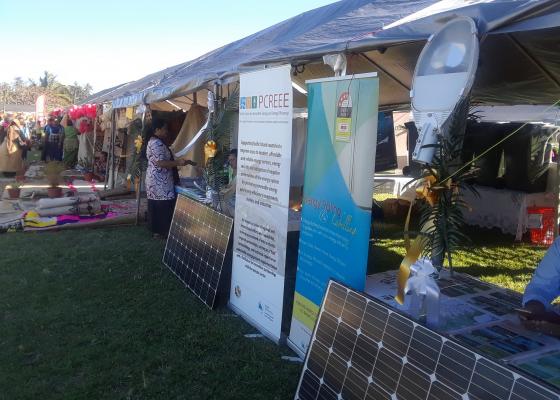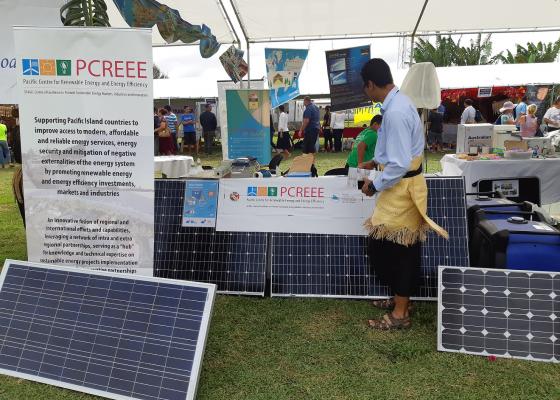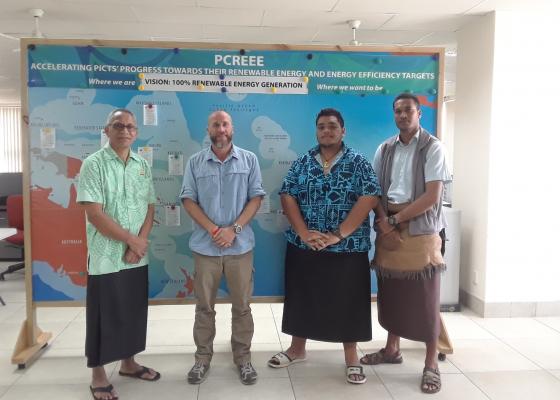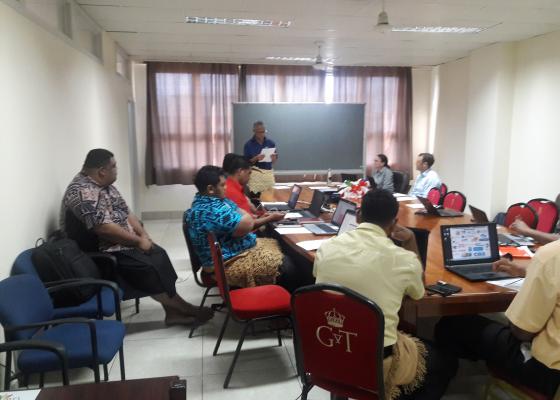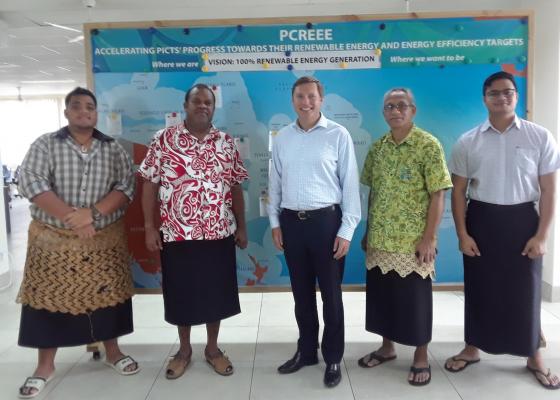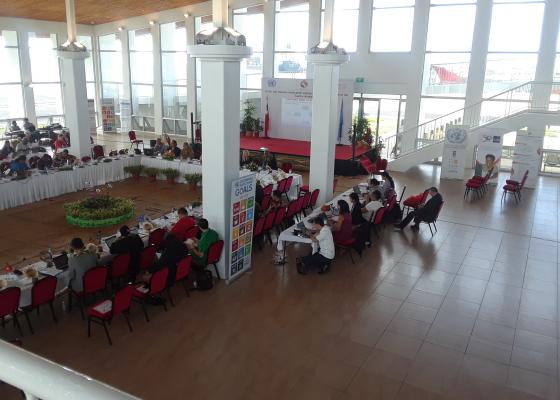Solar Street Lights Withstood Cyclone Gita and Provided Uninterrupted Service
While Tonga is still counting and dealing with the losses of that fateful 12th February night, one of the happier stories that emerged is that the solar street lights were the primary source of light for the communities during and right after the cyclone.
Some 531 solar street lights, generously donated by the Chinese government, have been installed throughout the villages of Tongatapu. Some were installed besides the road and a lot were installed outside evacuation centres like the churches, community halls, health centres and schools. On that night when everyone was locked inside and the power was switched off at 8 pm, it was the solar street lights that met the ferocity of Gita heads-on while still offering the light of hope to the entire island. Come 13th February and the weeks that followed when candles, lanterns and torches were the order of the day, it was the interrupted service provided by the solar street lights that lifted people’s spirits.
The Pacific Centre for Renewable Energy and Energy Efficiency (PCREEE) assisted the Energy Division of the MEIDECCC in Tonga to assess and repair the damages to the solar street lights. Some 20% of the installed systems were affected and within a week, most were back in full operation.
“Cyclone Gita has certainly taught us a lesson. The installation of these solar street lights, and any renewable energy system for that matter, must strictly follow their installation guidelines, in order to enhance their resilience to natural disasters, “ said Vahid Fifita, the Renewable Energy Expert at the PCREEE.
End
Upcoming Events
-
03/10/2026
-
03/10/2026
-
03/13/2026
-
03/13/2026
-
03/25/2026 to 03/26/2026

